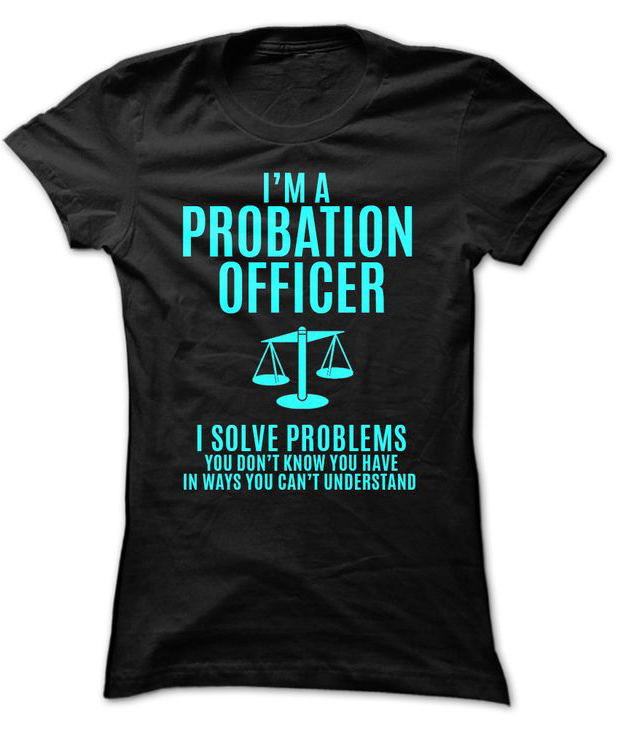We post news and comment on federal criminal justice issues, focused primarily on trial and post-conviction matters, legislative initiatives, and sentencing issues.
SUPERVISED RELEASE IS “SHADOW CRIMINAL JUSTICE SYSTEM”
A Federal public defender from Philadelphia last week blasted the statutorily-required supervised release system for pulling “tens of thousands of former inmates back into prison without a fair trial.”
 Noting that one-third of all former inmates on supervised release are violated sometime during their term, author Jacob Schuman wrote that famous former inmate and now law professor Shon Hopwood told him that despite his going to law school and writing a book while on supervised release, there was still “a prevailing attitude among the probation officers that it was only a matter of time before I messed up and went back.” Hopwood said that probation officers “seemed more interested in policing violations than offering support.”
Noting that one-third of all former inmates on supervised release are violated sometime during their term, author Jacob Schuman wrote that famous former inmate and now law professor Shon Hopwood told him that despite his going to law school and writing a book while on supervised release, there was still “a prevailing attitude among the probation officers that it was only a matter of time before I messed up and went back.” Hopwood said that probation officers “seemed more interested in policing violations than offering support.”
Schuman writes that supervised release “is incredibly strict, and that its reach is vast. Between 2005 and 2009, federal judges imposed supervised release in approximately 300,000 cases, with an average term lasting over 40 months. By 2010, more than 10,000 federal inmates were locked up for violating their supervised release.
Schuman called for Congress to limit supervised release only to those defendants who need it most and by reducing the punishments for violations,” and on judges to “stop sending people to prison for violations that are merely symptoms of an underlying drug addiction, not bad intent. To encourage this practice, Congress should end mandatory revocations for drug possession and prohibit imprisonment for drug-related technical infractions.”
Our experience with the arbitrary and standardless supervised release system is consistent with Schuman’s article. (Example: Any contact with a person with a criminal record – estimated to be one out of three American adults – is to be reported to the Probation Officer, an impossible standard to meet but one that can easily be used to violate).
Any system that reincarcerates one out of three participants has a problem, and it’s not with the people being supervised.
The New Republic, America’s Shadow Criminal Justice System (May 30, 2018)
– Thomas L. Root

